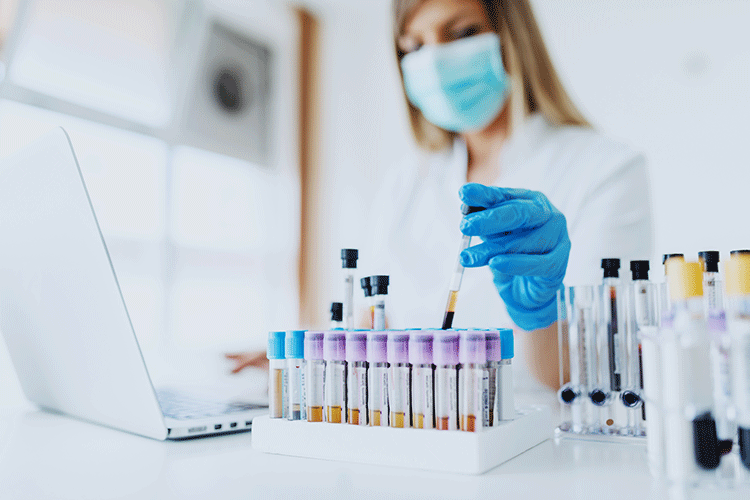Ginger is a flowering plant whose rhizome is widely used as spice and a folk medicine
It belongs to the family zingiberaceae, genus zingiber, order zingiberales, species Z. Officinale and kingdom plantae
Ginger originated from Maritime Southeast Asia, it was first domesticated by the Austronesian people
The leaves were used to weave mats, it waa uses as flavor or eaten raw
It had religious significance as the Austronesians used it in rituals for asking for protection from the spirits and they were also used in the blessing of the Austronesians ships
It has a pungent, spicy flavor and aroma and it’s mostly used to prepare Asian meals
You can consume it fresh, dried, powdered or as an oil or juice and it has side effects when consumed in large quantity.
Nutritional facts
Carbohydrates: 17.8g
Sugar: 1.7g
Saturated fat: 0.2g
Protein: 1.8g
Vitamin C: 5mg
Vitamin E: 0.3mg
Magnesium: 43mg
Manganese: 0.2mg
Iron: 0.6mg
Phosphorus: 34mg
Zinc: 0.3mg
Health benefits of ginger
The health benefits of ginger can’t be overlooked as health is wealth and it help us to maintain good health.
Ginger helps to ease morning sickness during pregnancy and also helps to cut down on constipation and other intestinal gas.
Taking it reduces the risk of diabetes, some active compounds in ginger help with improvement in insulin and metabolism
It relieves period pain: ginger has pain-relieve properties which help to relieve menstrual pain and prevent nausea, if you have to take it and other drugs, ensure you see a doctor.
It’s anti-inflammatory; it contains antioxidant-like compounds called phytonutrients that may reduce cell damage
The root also prevents inflammation from starting by reducing cell signaling activity
Improves blood sugar regulation, gingerol helps in keeping blood sugar levels steady, reduces enzymes that breaks down carbohydrate it helps with glucose metabolism.
Alleviate symptoms of cold, ginger tea helps to alleviate cold, encourages perspiration, and can be used to treat feverish conditions such as cough
Supports heart health, helps to manage cholesterol level, reduce damage to the arteries, and lower high blood pressure which benefits the heart and cardiovascular system
To prevent infection, ginger extract when used in mouthwash can stop the formation of certain oral fungi especially those caused by candida yeast
Improve brain health, 3-month research on post-menopausal women taking a ginger supplement has proven that women in their sixties who took 400-800 of it once a day had better brain functioning compared to women who didn’t
Side effects of ginger
Ginger as a flowering plant has medicinal purposes but it also has side effects when taken in large quantity
It causes heartburn
It leads to diarrhea
Causes stomach upset
It can cause bloating
It causes mouth and throat irritation
Conclusion
Ginger is a flowering plant that is used as a flavor in cooking and can also be used for medicinal purposes but it has side effects when taken too much.
You should see a doctor if you start experiencing anything negative when taking it.



Pingback: Sudan war: Nigerian students are trapped | Nays News TV
Pingback: Abuja communal clash | Nays News TV